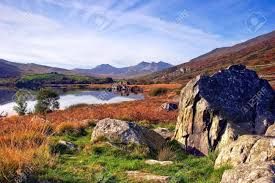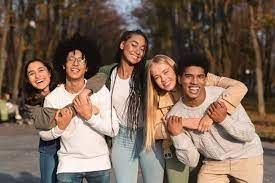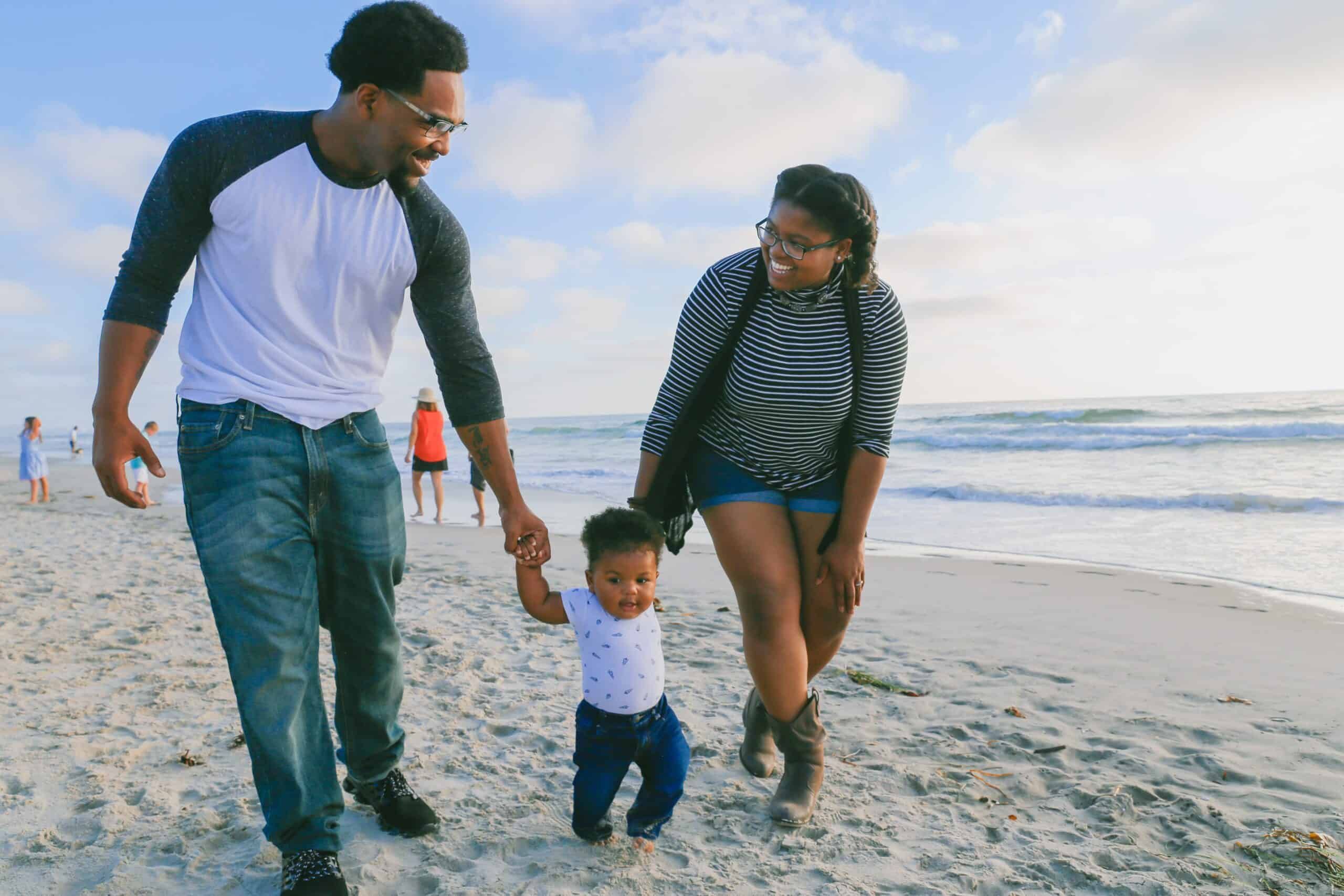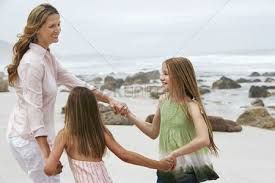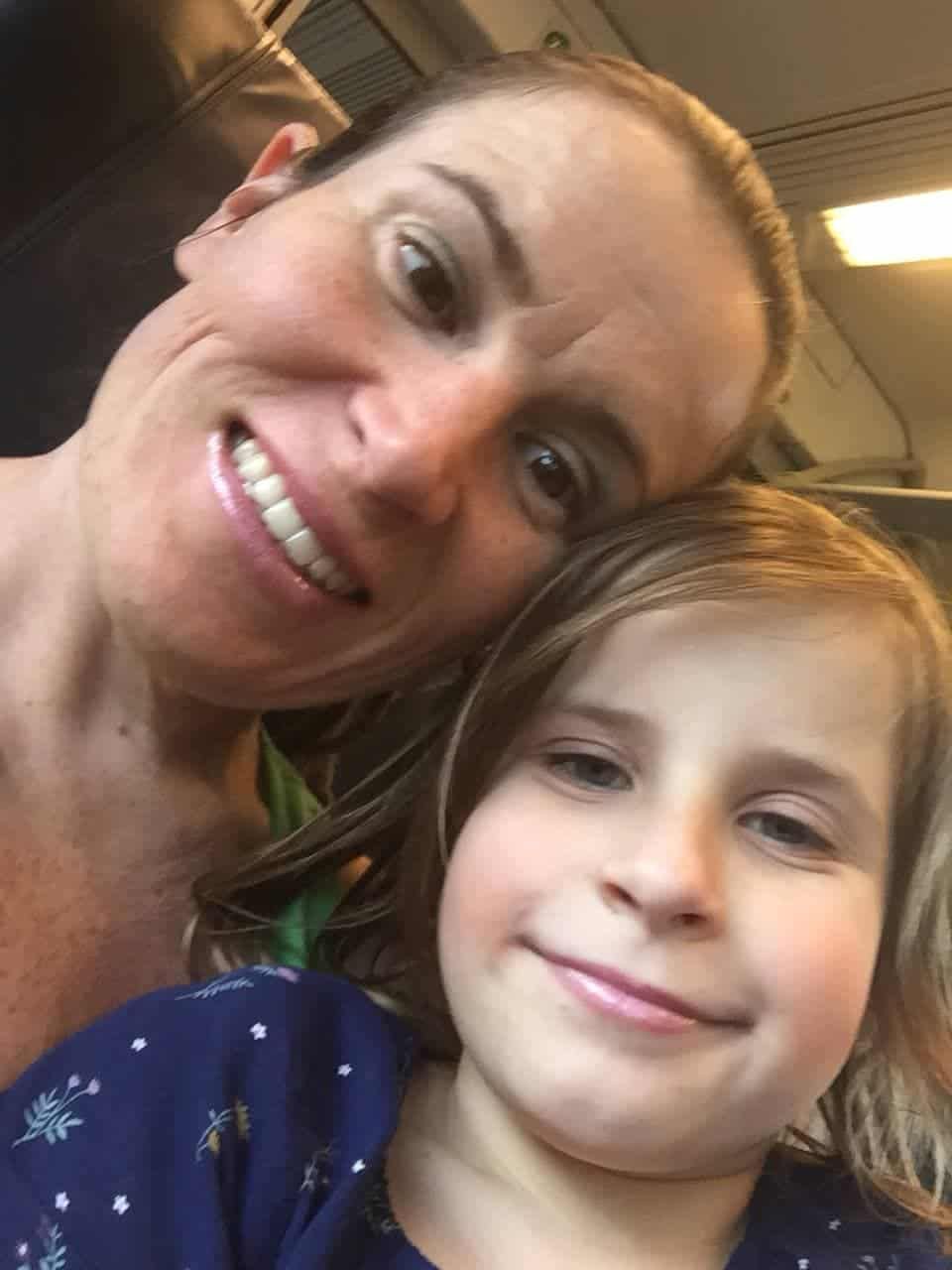Author: Kay
Carola’s Story
Our youngest son was home educated, the best decision we ever made. He is now 18 years old, working and brown belt in mixed martial arts and a member of the highly acclaimed fight team. He is a fully rounded, empathic beautiful soul. A young man who is loved by everyone, young, old and in between. He has a very wise head on his shoulders. We used to go to Home Ed groups, have art classes at our house with a wide range of ages and a wonderful art teacher, but apart from that he followed his interests himself. He loves cooking, geography and history to name but a few and never had to sit reading or writing for a set amount of time at a table, he hasn’t taken exams to prove how much he could ‘remember’ on that time and date but he is a wonderful, valuable member of the world we live in. I hope this helps you feel a little more relaxed and confident in your children being home educated 💜
Carola France
Devon & Cornwall NCLH Group
24/11/2021
Claire’s Story
Hi, I am Claire mum to Mollie aged 11. We are based in rural Aberdeenshire. This is the second year of home education and in those two years Mollie has gone from being an anxious child to a much happier and thriving learner.
Mollie had developed all the symptoms of OCD: obsessive handwashing, checking, counting, touching and was not eating or sleeping properly. We had no problems deregestering her and now she is eating more and sleeping better. Her OCD behaviour has calmed down immensely and hardly bother her at all.
We have made contact with other home ed families and meet up with them for education visits and socialising.
Claire
Aberdeenshire
25/1/22
Justine’s Story
Hi, I’m Justine mum to Beatrix, 8. I worked as a school teacher full time up until I went on maternity leave. We have been home educating from the start as, at around 2.5 years old, I just couldn’t see how Beatrix would thrive in a school environment. She was into everything and had a real need to touch, explore and question everything. I found it exhausting at times, but didn’t want to squash that will from her, as I knew a school setting would. I also knew she’d be labelled as a naughty child, as she doesn’t easily conform or do what she is ‘told’ unless she can see a reason to do something that benefits her, she doesn’t want to do it and why should she? I don’t want to bring her up to be a people pleaser, as I was or to do what she was told just because an adult wanted to assert their power over her.
I was also becoming increasingly worried about what I saw being taught in schools (as I continued to work as a primary school supply teacher) and how adults were interacting with children, teaching them to suppress their emotions and lose their intrinsic motivation by constantly being rewarded for being ‘good’ or being punished for being ‘bad’ when they were just being children! I don’t want this for my daughter and knew she would do better in a different setting.
Funny thing is, being a teacher I had all these wonderful plans about what her home eduction would look like and due to my own social conditioning and indoctrination of the education system, I thought it needed to start in the September she was due to start school. We’d do maths and English in the morning every day and go to a park meet or some other social or educational trip on the afternoon.
After a couple of years of pondering I finally joined my local home education community. I privately messaged a mum I knew of from a local group. I met up with her and her two girls (also never been in school) and we all hit it off immediately. After that we started going to regular meet ups in the Portsmouth area.
On that first day in September when my daughter would have started school, she soon let me know she wasn’t interested in doing what I had planned for her and carried on playing as she was used to doing. The next day was the same and I thought, what am I doing? She’s not interested in learning in the way I think (or rather have been indoctrinated to think) she should learn and if I’m going to try and make her do it anyway, I may as well send her to school!
So I stopped, then and there and have only ever done anything structured when she’s asked for it. It was scary at first, but the more I learnt about how children learn, autonomous learning, and saw other children who were being allowed to learn in the same way, the more I trusted in her to know what she needed to do. Our weekly schedule in the home education community has changed a lot over the past 5 years, we’ve done ice skating, swimming, gymnastics and horse riding lessons. The only one that has stuck is drama, which she has been attending for 3 years now. We’ve visited, castles, national trust sites, farms, zoos, water mills and attended home ed festivals. Last year she went to a week long drama school 10-4pm every day and she loved it! I was concerned she wouldn’t but she absolutely loved it and hasn’t stopped asking when she can go again since! There was a performance at the end of the week and she was the youngest in the group by two years and all the facilitators said how well she did for her age to remember everything for the show. She says drama is her passion. If she’d have gone to school we wouldn’t have found this out so early on. She taught herself to read and despite scepticism and criticism from our extended family (which definitely slowed her progress as they knocked her confidence so much) , she’s now loving being able to read and pick up new words every day. All I had to do was read to her, as I had always done every since she came home from hospital, read to her in bed. She often asks me to read at other times too, which I always do. She loves these times and we have so many books she enjoys, and regularly visit our local libraries where she’s feels very at home. I knew she’d have no problem learning to read when she was ready. This, for some reason is one thing I really had faith in her ability in.
She taught herself to swim by the time she was 4, she loved swimming so much and was a real water baby. So we tried to go once a week, to different pools. Another mum said to me “she swims really well doesn’t she?” And I was stunned…I haven’t even noticed she’d taught herself to swim! We’d just been going there and focusing on having fun in water and I guess her body had done what was natural to do when in water and begun swimming instinctively!
We now go to a group near Liss two days a week where I work as a facilitator, it’s a child led, consent based, democratic set up that works well for meeting my daughters needs. All together we are very content with our chosen way of life and method of education.
Beatrix is becoming a motivated learner, with high self worth, with values that will enable her to grow into a well rounded adult that will be able to contribute to an evolving world of free thinking community members.
Justine
Portsmouth
27/1/2022
What is NCLH?
Mission Statement
What is NCLH?
National Community Learning Hubs is a grass roots volunteer movement which are private members clubs, providing an alternative style of education that aims to engage learners through a holistic, aspirational, self-determined, and nurturing approach. We create a learning environment that brings possibilities for everyone to thrive, evolve and fulfil their unique potential. It is our mission to empower learners of today and of future generations, whilst providing them with the skills necessary to co-create a happier, kinder, emotionally literate future for the generations to come. Educators covering many topics and interests will be available to learners of all ages who can book sessions via our website. Educational sessions on a variety of topics can be accessed via attending a local hub or online sessions for individuals or groups. Local community hubs are open for NCLH learners to attend educational & social sessions alongside a variety of other activities. NCLH is run solely by Natural Law.
MISSION STATEMENT
National Community Learning Hubs (NCLH)
National Community Learning Hubs bring local educators, skilled individuals, family members and organisers together to revolutionise the learning experience of the communities across England, Ireland, Scotland and Wales. Our younger generations learn as part of a closely bonded community, utilising resources available in regional support hubs where they feel safe and secure in a loving and nurturing environment. Community and families collaborate to successfully meet the needs of the learners of varied ages and abilities within the same locality, creating absolute solidarity and a complete, unified front whilst working together within a system of trust.
Mission Statement
‘National Community Learning Hubs are private, community-backed initiatives, providing an alternative approach to engaging learners through a holistic, aspirational, self-determined, and nurturing approach. We create a learning environment that brings possibilities for everyone to thrive, evolve and fulfil their unique potential. It is our mission to empower learners of today and of future generations providing them with the skills necessary to co-create a happier, kinder, emotionally literate future for the generations to come’.
We Create and Learn Together
We seek to encourage our learners to create a healthy, loving sense of self, standing in complete awareness of their sovereignty and unalienable rights. Our goal is to offer a nurturing environment within which learners of all ages can bring forth their individual, innate talents, enabling them to discover and to fulfil their ‘calling’ in life. This approach develops curious minds, with a strong focus on reflection and critical thinking, giving learners the skills and opportunity to shape their own future. Within our communities, learners know that life is a journey, and facing challenges or making mistakes on their journey is natural to the process, within which we develop the tenacity and resilience required to be a successful lifelong learner.
Self. Soul. Ego. Being.
At National Community Learning Hubs we offer a heart-centred community, based on trust declarations within each hub. We know that our own uniqueness and individuality enables us to help others by the mutual sharing of our knowledge, gifts and strengths. Emphasis is given to the critical importance of emotional intelligence; we work on the basis of encouraging learning where learners are expected to take an active role where they will feel empowered by their choices. To be conscious of their journey as spiritual beings and given the freedom of expression to be who they are.
Utilising collaborative relationships, we make good use of learning conversations to include: open questioning, sharing of learning objectives, success criteria and outcomes, reflection, feedback and next steps.
Time is always given for learners’ reflection whether individually or in a group setting; they can review what they have learnt and the process involved. Their evaluations contribute to their knowledge of themselves and the topics. Therefore, having the ability to think critically is fundamental to learners being able to make good choices and decisions, as is a thorough realisation of the impact of their actions. The ability to research is therefore a valued skill to acquire and develop. Sufficient time is always given for learners’ reflection. Whether individually, in pairs or groups, they review what they have learnt and how the knowledge was attained. Their evaluations contribute to their knowledge base. Opportunities will be given for the learners to share their newfound skills with others as this will solidify their new information gained. We encourage the learners to apply themselves to a task and have the resilience to persevere as and when things don’t go to plan.
We strive to effectively meet learners’ needs by developing strong relationships between learner and educator. Themes or ‘topics’ are chosen by our community members, then designed around their needs to ensure a responsive and enthusiastic approach to our method of learning.
Learners:
★ are in mixed age groups
★ are curious about the world around them
★ apply themselves to a task and have the resilience to persevere as and when things don’t go to plan
★ identify, explore and correct misconceptions
★ set goals for themselves as to how they can take the next steps
★ monitor their own progress and critically reflect on their knowledge and comprehension.
Tasks are sufficiently challenging, but not so difficult as to discourage, and focus is put on the process of learning rather than being outcome-based. Where assessment is appropriate, it is formative in nature unless specifically required by the learner and their family. The learner will have access to examinations if this is something that is desired.
Community Members to Shape their Own Experience
National Community Learning Hubs are made up of a community of educators, learners and their families. We work with learners of mixed ages in groups, and individually, throughout the week. Although every Community Learning Hub will have their own weekly routine, they will utilise the guidelines laid out by NCLH.
The National Community Learning Hubs framework allows learners and educators to be equally responsible for the method of learning, and engagement with the organic processes within the daily routine. Below is a general guideline showing an example of what your local community learning hub offers your family.
Our days are organised to include:
★ Group collaboration – During these sessions topics are covered to include English, Maths, Science, History and Geography. Along with any other topics of interest. These topics can also be studied individually if preferred by the learner. Online sessions will be available for this purpose.
★ Individual time – Individual projects and interests are factored into the weekly routine. This includes support needed towards any subjects.
★ Creative Activities – Art, cooking, nutrition, growing food, bushcraft, foraging, music, crafts, drama and creative design.
★ Physical Activities – Free time, self defense exercise, tai chi.
★ Spiritual Activities – Mindfulness, meditation, individual time.
★ Skills – Carpentry. plumbing, building.
★ Emotional intelligence – Morals, values and ethics, critical thinking, value of friends and family. Volunteering in the local community.
★ Life management skills – Managing money, natural/common law, entrepreneurial skills, caring for mankind and animals.
At The National Community Learning Hub we want learners to actively participate and develop life skills: oral communication, perseverance, resilience, punctuality, reliability, ability to work within a team, critical thinking, being entrepreneurial, the list goes on. Importance is placed on learning practical life skills such as survival skills and natural health. With this approach, we develop collaborative working relationships where each member of the community chooses to actively participate, and enjoys the experience.
The ultimate purpose of The National Community Learning Hubs consist of the following, and membership brings many benefits to your family:
★ Enables learning within the community
★ Providing general support and guidance
★ De-registration from schools
★ Guidance with utilising services of educators both online and at your local hub
★ Helping families to connect with each other
★ Signpost to relevant organisations and services when required
★ Providing information about our divine rights in order to operate within the NCLH and natural law.
The National Community Learning Hubs welcome all community members within England, Ireland, Scotland and Wales to join our Holistic Learner Led Education for the Community.
Learner
Learner
Learners
Are you seeking new topics and/or styles of learning to spark your interests? Looking for ways to study individually or as a group or community?
whatever your age or previous experience? with study for your young ones and your community as a whole?
The National Community Learning Hubs, known as NCLH, has been set up to assist you on your learning journey. Learning is lifelong and never stops. Every situation has an opportunity to learn. NCLH provides a very individual way of learning with a mix of online and physical educational settings in one of your local community hubs. You can choose the method of learning that works best for you and meets your needs by finding the right educators for your style. There are many topics that you can study either for pure enjoyment purposes or to gain the skill sets required for a particular type of work.
For example, you may choose to learn about growing your own vegetables or taking a martial arts class, maybe Greek mythology is your passion! How about playing the flute or seeking some information on holistic pet care? NCLH Educators will be able to provide you with a 1:1 learning experience or a group setting. Both online and physical learning sessions are offered at times that fit within your weekly schedule.
NCLH have Educators waiting to provide this service to meet all your family’s needs and as we are a community driven venture run by Common/Natural Law we aim to provide a resource that is available to members of the community of all ages and stages in their lives. Therefore, we give information and guidance to all Educators as to the cost of their sessions. Educators have also agreed to abide by the NCLH mission statement and they have the same values and dreams that NCLH are working towards for our communities. The Educators that we have found for you are passionate beings with a revolutionary approach to this new way of learning and growing our thriving new society, showing passion and respect for all.
Educator
Educator
How to become an Educator with NCLH
Potential Educators, are you a match?
Read our mission statement and this short description about who we are and our ethos for working. Thousands of mums and dads who have connected with NCLH showing their interest are already waiting for Educators like yourselves, who have the necessary vision and forward thinking approach that aligns with our NCLH tribe. Together we can provide high quality and meaningful learning for our sons/daughters and wider members of the community.
Become a member of the NCLH community as an Educator and if you are aligned with our ethos and values, you will be able to upload your profile onto the website, setting your own sessions and pricing. Then you can begin to attract the right Learners for you!
As Educators working within the National Community Learning Hubs (NCLH) it is accepted and agreed that the foundation of the cooperative is based upon Natural Law and Contract Law. There are four maxims (principles) that between them, cover all crimes and community guidelines on cohabiting/collaborating with each other. These four principles are applied to every area of our collaborative working within NCLH.
Cause no harm
Cause no loss
Don’t breach the peace
Do not use mischief in your promises, agreements and contracts
(i.e don’t commit Fraud)
For those who are interested in becoming an educator with us please click the link to find out more….
National Community Learning Hubs Guidelines for Educators
National Community Learning Hubs Guidelines for Educators:
Mission Statement:
‘National Community Learning Hubs are private, community-backed initiatives, providing an alternative approach to engaging learners through an holistic, aspirational, self-determined, and nurturing approach. We aim to create a learning environment that brings possibilities for everyone to thrive, evolve and fulfil their unique potential. It is our mission to empower future generations and provide them with the skills necessary to co-create a happier, kinder, emotionally literate future for the generations to come’.
National Community Learning Hubs bring local educators, skilled people, administrators, family members and organisers together to revolutionise the learning experience of the youth of Great Britain. Our younger generations will be able to learn as part of a community, utilising resources available in regional support hubs where they feel safe and secure in a loving and nurturing environment. Community and families collaborate to successfully meet the needs of the learners online or in the same locality, creating absolute solidarity and a complete, unified front for the people working together within a system of trust and based on Common/Natural Law.
As an educator with NCLH you can determine the cost per session whether it is online, offline or at a location. You can set your own rates per session between £8 or up to £99.
Recommended average rates:
Private 1-1: £15/hr session
Groups of 10: £3.00/hr session
Larger groups: £2.00/hr session
NCLH is a new community project catering for all families that need assistance for their young learners in Great Britain. It is suggested that you remain aware that we would like to make this affordable to all. In order for us to reach as many families as possible we ask you to be mindful of this fact when setting your fees. We suggest that where possible you could offer some or all sessions at a minimum cost of £8 per session and if you feel that you can offer free sessions then please do so.
There will be an admin charge of 21% that is automatically applied to each booked session. This will be calculated at the end of the month and deducted before funds are transferred to your account at the end of each month.
As NCLH is a community project all funds go towards locating premises and building a whole new system for the education of future generations.
If you would like to support this cause by choosing to give voluntary fees of more than 21% then you can add the extra percentage that you would like to contribute and this can be changeable month by month by simply altering your profile.
Any cancellation of sessions made by the learner up to 7 days in advance of the booked session will be allowed by the educator free of charge. However, cancellations with less than 7 days notice will not be refunded. This not only allows the educator to fill that space, if they so wish, we feel this is equitable to both yourself as the educator and the individual learner.

